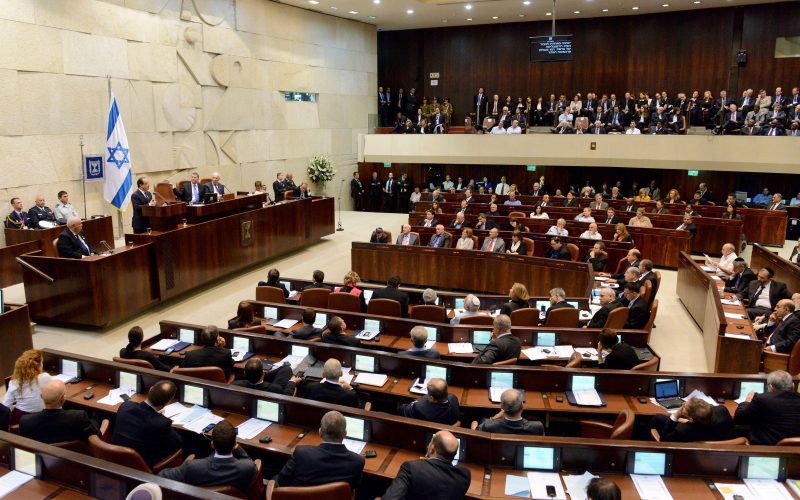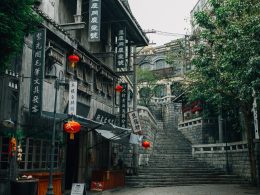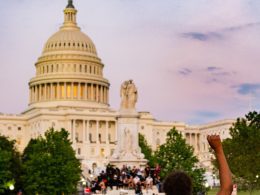The topic of politics and policy in the government can be quite complex and often shrouded in secrecy. As a journalist, it’s important to remain unbiased and objective while reporting on these issues. In this article, we will explore how the government makes policy decisions and the role of politics in shaping those decisions.
To begin, it’s essential to understand the different branches of government and their responsibilities. The legislative branch is responsible for creating laws, while the executive branch is responsible for implementing and enforcing those laws. The judicial branch interprets laws and decides whether they are constitutional. Within each branch, there are various agencies and departments that have specific areas of responsibility.
Behind closed doors, policymakers and elected officials meet to discuss and negotiate policy decisions. These meetings may be held in private, away from the public eye, making it difficult for journalists to report on the details of these discussions. However, there are ways to uncover information about these closed-door meetings.
One approach is to file a Freedom of Information Act (FOIA) request, which allows journalists to obtain government documents and information. However, the government may withhold certain information if it’s deemed sensitive or classified. Another approach is to cultivate sources within the government who can provide information on policy discussions and negotiations.
It’s also important to consider the role of politics in shaping policy decisions. Elected officials often have different political ideologies and priorities, which can impact their decision-making. Lobbyists and interest groups also play a role in shaping policy decisions by advocating for their interests.
As a journalist, it’s important to remain objective and report on these issues without bias. This means presenting both sides of the story and fact-checking information before publishing. It’s also important to adhere to journalistic ethics and maintain the confidentiality of sources who provide sensitive information.
In conclusion, politics and policy in the government can be complex and shrouded in secrecy. As a journalist, it’s important to use research techniques to uncover information about closed-door meetings and cultivate sources within the government. It’s also essential to consider the role of politics in shaping policy decisions and remain unbiased while reporting on these issues. By adhering to journalistic ethics and delivering accurate reporting, journalists can shed light on important policy decisions and hold government officials accountable.











